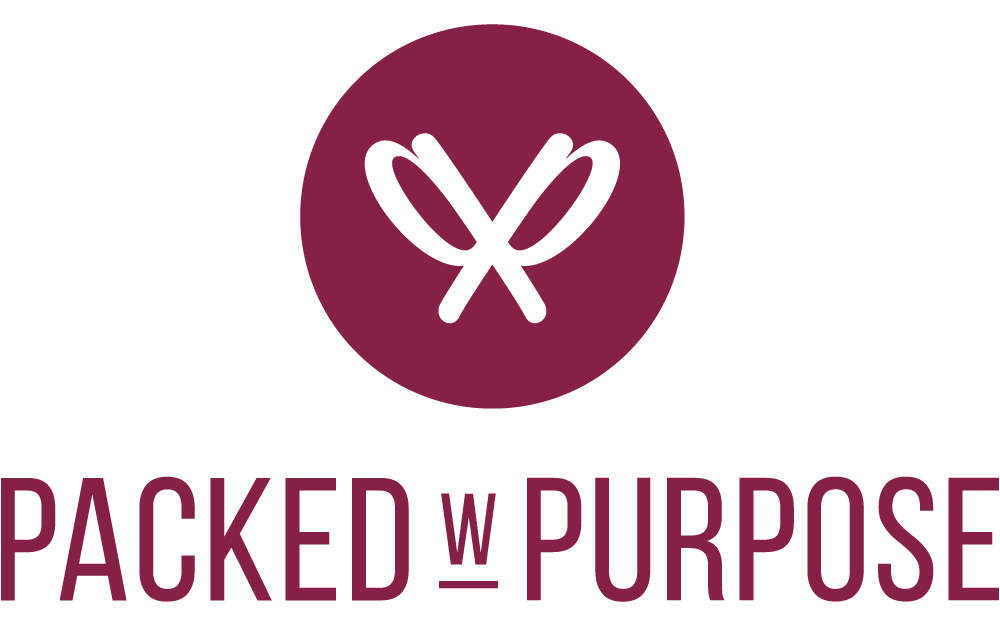

Packed with Purpose

Illinois, United States
February 2023
Other retail sale
Wholesale/Retail
United States
Packed with Purpose is a Certified Woman-Owned business that embeds social and environmental impact into the everyday act of gift giving. Since its launch in 2017, their distinctively curated gift boxes have delighted recipients, showcased company values, and strengthened relationships with employees, clients, prospects, families and friends. Packed with Purpose’s thoughtful, hand-selected and sustainable gifts source products from 140+ purpose-driven organizations that have positively impacted nearly 1.5 Million lives since the company’s start. From preserving the environment, to investing in women & diverse-owned businesses, to employing adults with barriers to employment, these gifts transform lives and communities. Packed with Purpose gifts provide recipients a unique gifting experience unlike any other. A dedicated Gift Concierge team ensures a seamless ordering process, including personalization and customization, backed by an “Always Make it Right” pledge. Ranked in the top 10% of Inc 5000’s Fastest Growing Private Companies in the U.S. in 2021 and 2022, discover why the nation’s leading brands choose to send gifts that are Packed with Purpose. Amplify your impact today.
Overall B Impact Score
Governance 14.3
Governance evaluates a company's overall mission, engagement around its social/environmental impact, ethics, and transparency. This section also evaluates the ability of a company to protect their mission and formally consider stakeholders in decision making through their corporate structure (e.g. benefit corporation) or corporate governing documents.
What is this? A company with an Impact Business Model is intentionally designed to create a specific positive outcome for one of its stakeholders - such as workers, community, environment, or customers.
Workers 22.6
Workers evaluates a company’s contributions to its employees’ financial security, health & safety, wellness, career development, and engagement & satisfaction. In addition, this section recognizes business models designed to benefit workers, such as companies that are at least 40% owned by non-executive employees and those that have workforce development programs to support individuals with barriers to employment.
Community 29.5
Community evaluates a company’s engagement with and impact on the communities in which it operates, hires from, and sources from. Topics include diversity, equity & inclusion, economic impact, civic engagement, charitable giving, and supply chain management. In addition, this section recognizes business models that are designed to address specific community-oriented problems, such as poverty alleviation through fair trade sourcing or distribution via microenterprises, producer cooperative models, locally focused economic development, and formal charitable giving commitments.
What is this? A company with an Impact Business Model is intentionally designed to create a specific positive outcome for one of its stakeholders - such as workers, community, environment, or customers.
Environment 13.8
Environment evaluates a company’s overall environmental management practices as well as its impact on the air, climate, water, land, and biodiversity. This includes the direct impact of a company’s operations and, when applicable its supply chain and distribution channels. This section also recognizes companies with environmentally innovative production processes and those that sell products or services that have a positive environmental impact. Some examples might include products and services that create renewable energy, reduce consumption or waste, conserve land or wildlife, provide less toxic alternatives to the market, or educate people about environmental problems.
Customers 3.1
Customers evaluates a company’s stewardship of its customers through the quality of its products and services, ethical marketing, data privacy and security, and feedback channels. In addition, this section recognizes products or services that are designed to address a particular social problem for or through its customers, such as health or educational products, arts & media products, serving underserved customers/clients, and services that improve the social impact of other businesses or organizations.